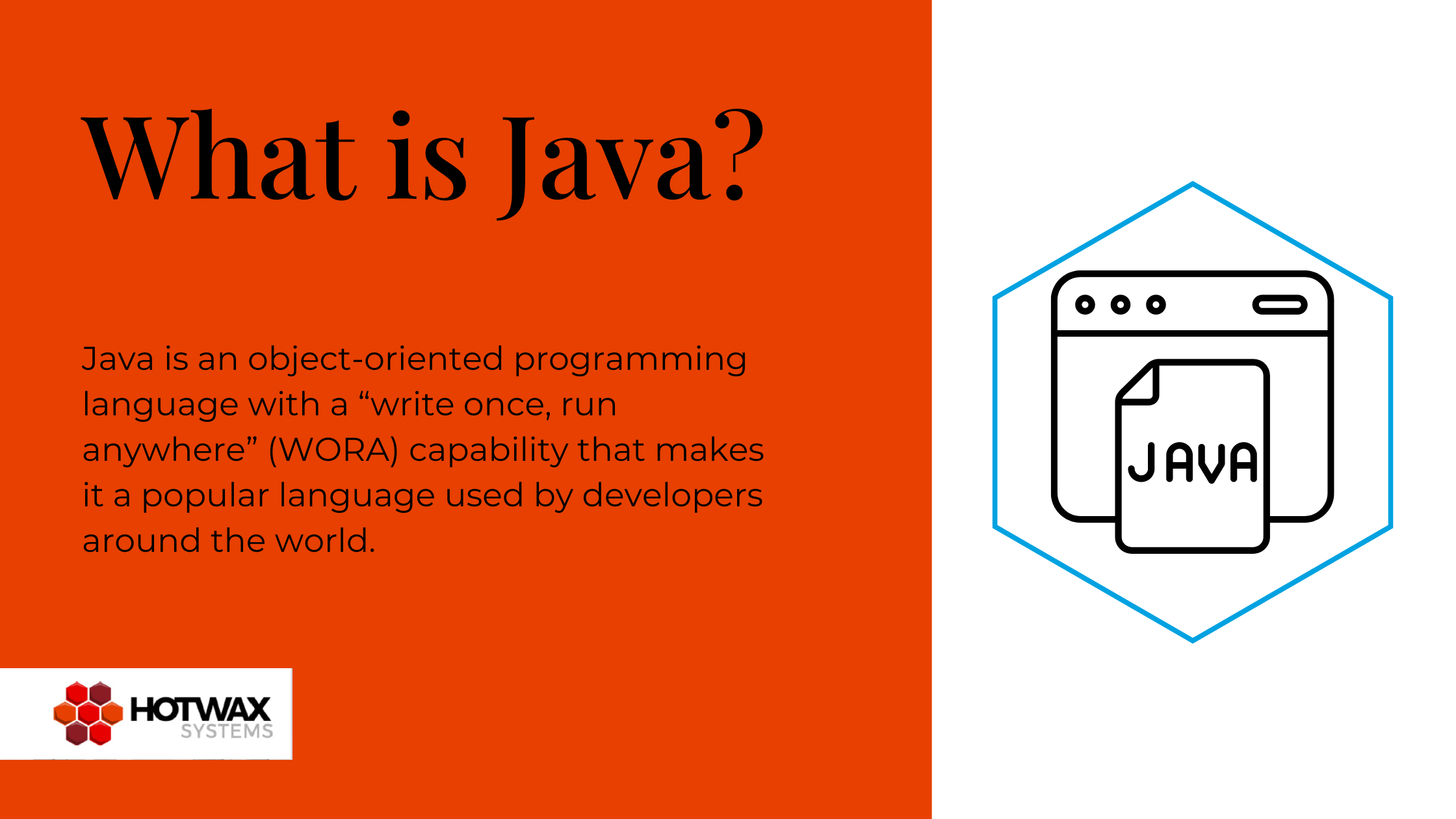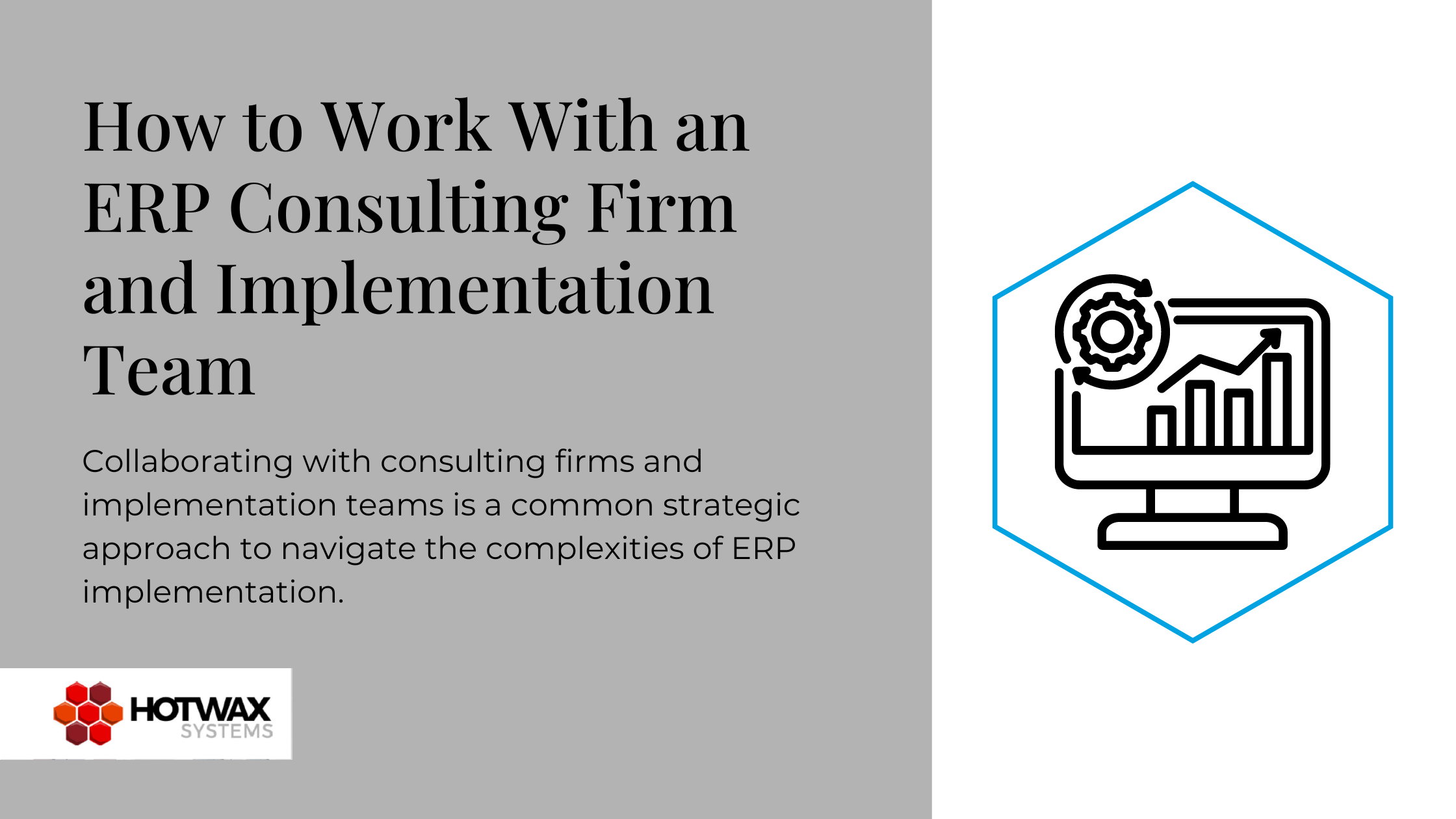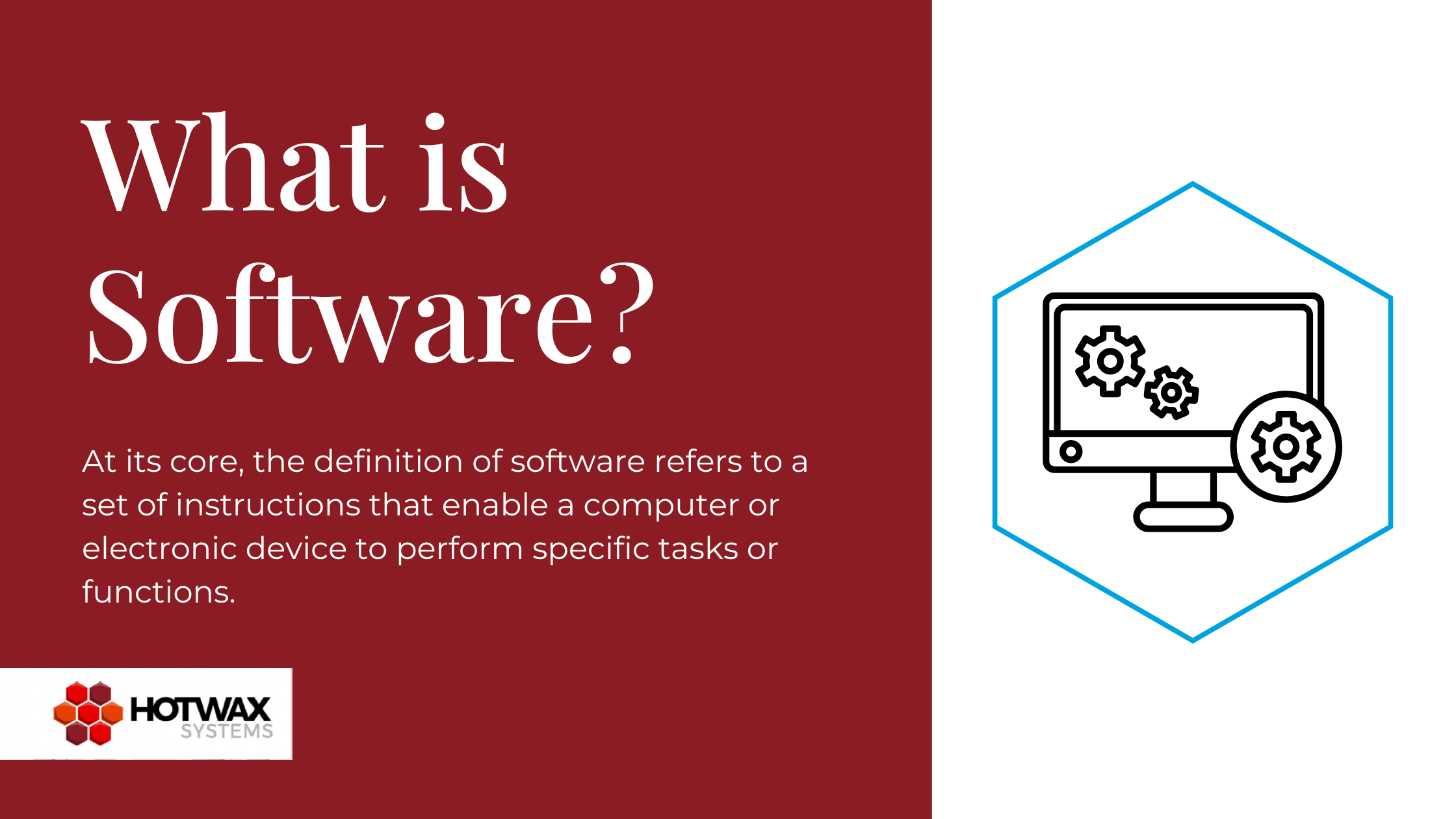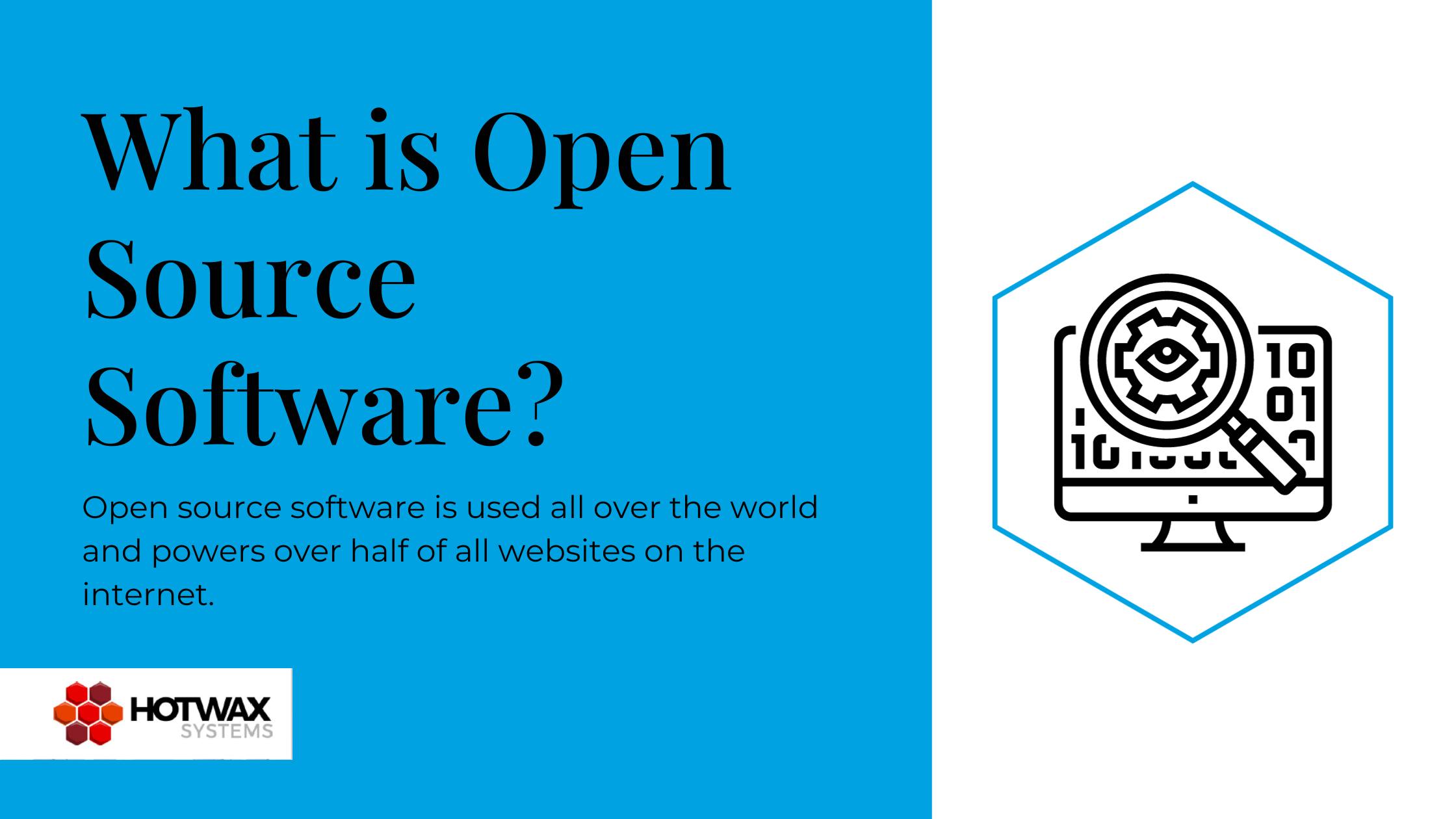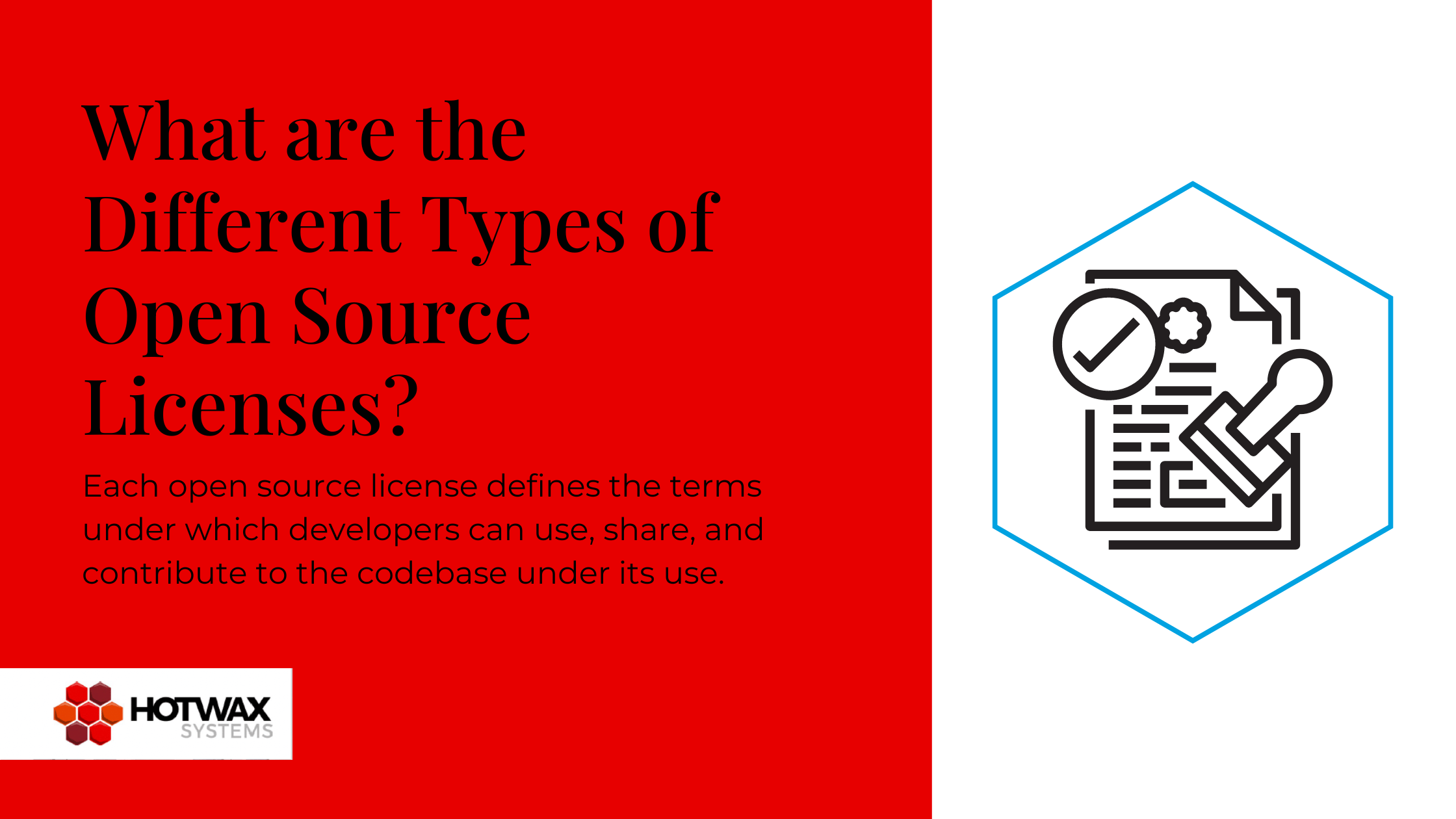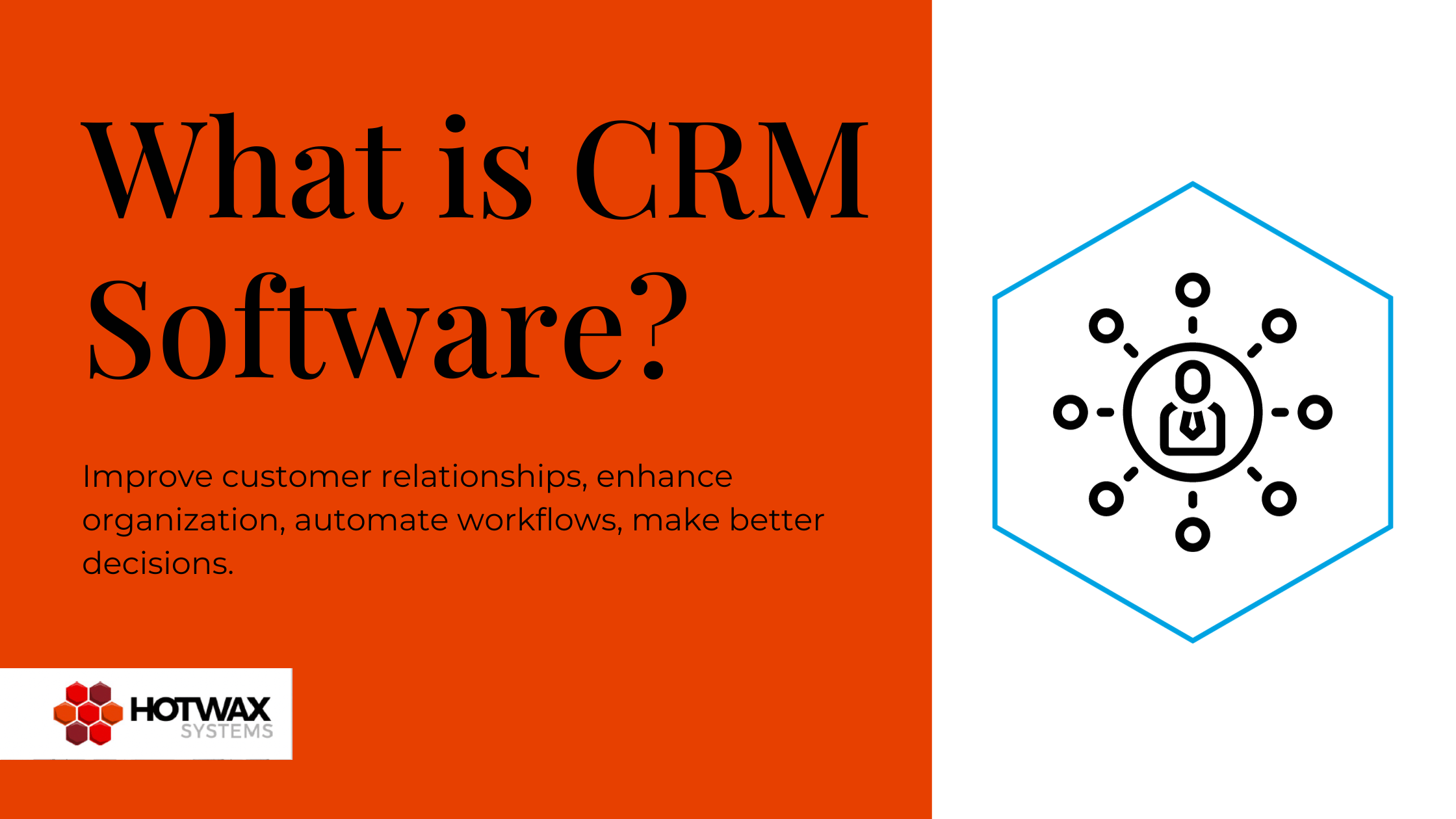You may be familiar with the term ERP, Enterprise Resource Planning systems, or maybe this is a new concept for you and your business. Either way, an introduction or a refresher is never a bad idea. If you’re looking to streamline your business, these all-in-one systems give you flexibility and up your business’s collaborative nature. If you want to get out in front, you’ll want to be looking at an ERP.
What is an ERP?
Enterprise Resource Planning systems are used by organizations to manage their business functions within a centralized and integrated system. An ERP is commonly used by companies working within the supply chain to keep track of all moving parts of manufacturing and distribution.
Several different industries can also utilize ERP- however, any company needing to manage their staff, customers, and inventory can rely on an ERP.
ERP stores all entered data in a single database allowing all departments to work with the same information. This data can be organized, analyzed, and made into reports.
Why Use ERP?
Even though ERP may have similar goals to other solutions, its unique features make it a distinctive competitor in the software market. Here are a few reasons why:
Save Money
ERP unifies many systems that may currently be disunited in your organization. From development to accounting, your staff has access to all the tools necessary to do their job all in one centralized system.
With one unified system, your people will be saving time by not hunting down a piece of information across multiple systems.
You’ll also save money by not having to train your employees over several systems.
Pump Up the Collaboration
All features of an ERP can improve collaboration across your business in some way. A centralized system reduces hesitation or stalling during projects since all team members have access to the company-wide data they need. Choices can be made quicker, and ideas can be shared much easier through all departments. There is no reason to merge information across various systems.
All data is compiled, stored, shared, and accessed through a connected system, so no one is left out.
Improve Analytics
Tasks like generating reports, monitoring inventory levels, timesheet tracking, and processing orders usually take employees hours to accomplish. These tasks take time, but they can also feel like drudge work and lower employee morale. Low morale and boredom with specific jobs can lead to an uptake in human error.
ERP can automate tedious tasks and eliminate redundant database tasks, such as data entry, and allows the system to perform more advanced calculations in minutes. This will free up your team to execute more thoughtful and engaging work.
An ERP can be the answer to some problems you’re having in your company. Now that you understand why an ERP is the answer you’re looking for, you should consider taking the ERP system to the next level.
Don’t just ERP, Open Source It
You’ve seen the light, and you’re ready to have an ERP system installed for your business. Before you jump into just any ERP, consider the benefits of open source.
Buying an ERP solution off the shelf may seem like a safe bet, but licensing fees for proprietary software and, let’s face it, the software itself can destroy your budget. This is especially true if your business is diverse, widely dispersed, or has specialized needs that an off the shelf system cannot address.
This is where the benefits of an open-source ERP can solve our problems. Here are five situations that open source software can make better:
Vendor Independence & Freedom from Licensing
The open-source software model places full licensing rights for the system on each user or organization that downloads and installs it. Typically there are no recurring fees for updates or renewals.
Open source ERP systems are coded and developed by a specific community. However, that community doesn’t subscribe to the rules or the exclusive attitude of “closed shop” proprietary software.
The open-source community is outward-looking and accepts input from organizations and users across the globe. The inward-looking attitude of off the shelf ERP software does not apply here. With open source ERP, you’re also free of the restrictions imposed by proprietary software vendors’ licensing policies.
These policies can tie users into contracts with a particular manufacturer. A business can become reliant on the manufacturer’s viability as a commercial enterprise, and these contracts are usually very long.
Customize & Modify to Your Heart’s Content
With an open-source ERP, your company has the freedom to modify and redistribute the underlying source code or its applications at will. An open-source allows your company to customize its platforms to meet needs specific to the business, making alterations to the program code themselves.
These adjustments can be made by adding modules obtained from the project’s development community or outsourcing development work to the project community members.
Lower Ownership Costs
It’s true; generally, an open-source ERP system will tend to be less capital-intensive than a bespoke or off the shelf solution. Which is why “free” and “low-cost” are terms often associated with the open-source model.
Development, licensing, and software maintenance fees are virtually eliminated, which reduces a company’s overall cost of ownership. Access to open-source operating systems, APIs (Application Programming Interfaces), and databases also reduce costs.
Community Development Resources
With an open source ERP, you get the source code of the core software. The open-source system also gives users access to the resources of their user and development communities.
This means you can have access to program modules, increased functionality, code snippets, and routines to tweak performance or perform more specific functions that may benefit your company’s particular needs.
You’ll also have access to discussion forums, feedback, industry news, answers to questions, and developments in related ERP technologies.
This open-source ERP community can also work as a talent pool for developers and operators, assisting enterprise users with their technical support or system maintenance needs.
Security, Updates, and Maintenance
If you’ve got an off the shelf ERP system, you’re going to have to rely on the software manufacturer or vendor for upgrades, security patches, or system maintenance.
A company may also find itself bound by licensing conditions and be forced to wait for their software supplier for essential updates and security fixes.
These improvements are most often dictated by market conditions and the corporate priorities of the manufacturer. The individual needs of your company, and timely access to changes are not taken into consideration.
An open-source ERP system allows you to have control of updates, maintenance, and security. Your needs are in your hands, so you can utilize the project community’s resources or call on your own in-house IT experts.
This last piece of the open-source pie is particularly relevant because any reliable open source ERP system means program bugs or security issues are identified and corrected quickly, either in-house or by the development community members.
On top of that, you can access open-source ERP code through a publicly available database and test the software without interacting with the vendor’s sales team. The code won’t be customized yet, but the company will still be able to test it at their own speed.
An open-source system just makes sense. And a system like the HotWax Accelerator or Apache OFBiz can improve business performance and accelerate the integration of departments, data, and functionality in your business.
When the time comes to unify your business and take it forward, it’s time to engage an open-source ERP system.


